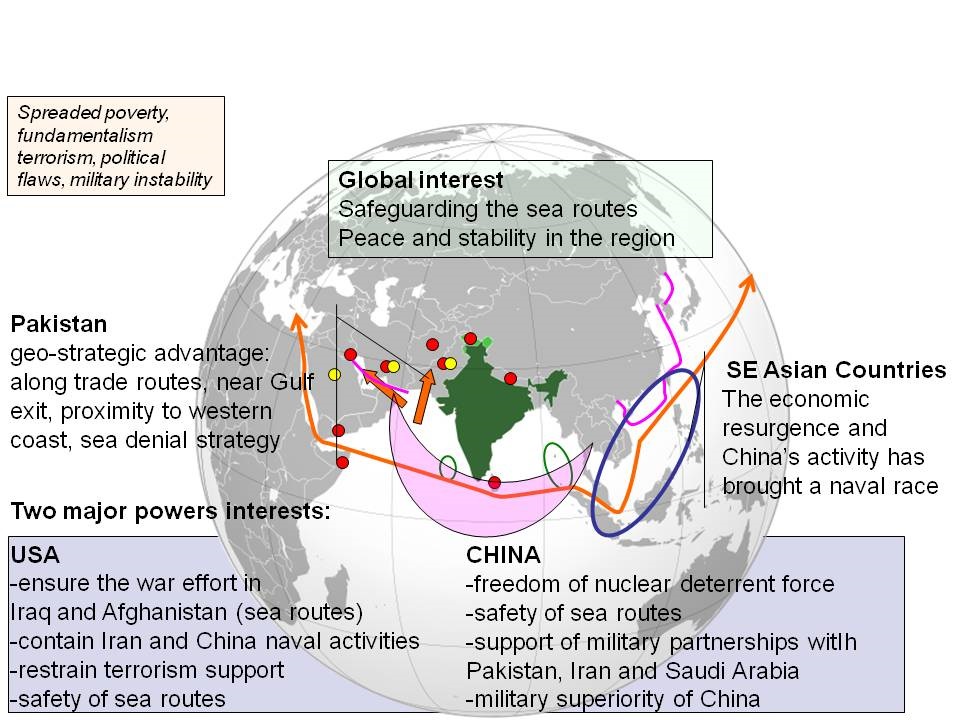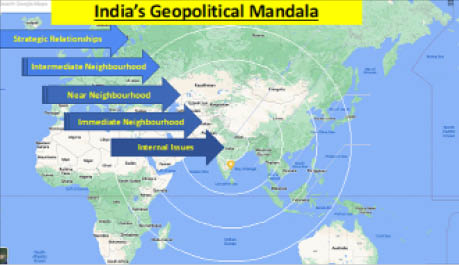A Contested Border: Analyzing the Turkey-Greece Map and its Geopolitical Significance
Associated Articles: A Contested Border: Analyzing the Turkey-Greece Map and its Geopolitical Significance
Introduction
With enthusiasm, let’s navigate by way of the intriguing matter associated to A Contested Border: Analyzing the Turkey-Greece Map and its Geopolitical Significance. Let’s weave fascinating data and provide recent views to the readers.
Desk of Content material
A Contested Border: Analyzing the Turkey-Greece Map and its Geopolitical Significance

The border between Turkey and Greece, a seemingly simple line on a map, is in actuality a fancy and contested house, reflecting centuries of intertwined historical past, shifting geopolitical alliances, and enduring territorial disputes. Understanding this border requires delving into its historic evolution, the geographical realities that form it, the continued tensions that outline its current, and the potential future implications of its existence. This text will discover the Turkey-Greece map, not merely as a geographical delineation, however as a microcosm of broader regional dynamics and worldwide relations.
A Historical past Etched in Stone and Sea:
The present border between Turkey and Greece is a product of a protracted and sometimes tumultuous historical past. The realm has been a crossroads of civilizations for millennia, witnessing the rise and fall of empires – from the traditional Greeks and Romans to the Byzantine Empire and the Ottoman Empire. The Ottoman conquest of a lot of the Balkan Peninsula, together with vital parts of what’s now Greece, basically reshaped the area’s demographics and political panorama. The gradual decline of Ottoman energy within the nineteenth and early twentieth centuries paved the way in which for the emergence of a contemporary Greek state.
The Balkan Wars (1912-1913) and World Battle I considerably altered the territorial boundaries within the area. Greece expanded its territory, reclaiming areas with vital Greek populations. The Treaty of Lausanne in 1923, which formally ended the Greco-Turkish Battle (1919-1922), established the present land border between Turkey and Greece. This treaty additionally concerned a major inhabitants alternate, with Greeks from Turkey resettling in Greece and Turks from Greece relocating to Turkey. This inhabitants alternate, whereas aiming to resolve ethnic tensions, left a long-lasting affect on the cultural panorama of each international locations.
The Aegean Sea, nonetheless, remained a degree of competition. The Treaty of Lausanne did not definitively resolve the difficulty of sovereignty over quite a few Aegean islands, resulting in ongoing disputes that persist to at the present time. The standing of those islands, a lot of that are strategically positioned, continues to be a supply of friction between the 2 nations, impacting their army postures and influencing regional safety. The exact demarcation of maritime boundaries, together with unique financial zones (EEZs), additional complicates the scenario, resulting in disagreements over fishing rights and potential hydrocarbon exploration.
Geographical Realities and Strategic Implications:
The Turkey-Greece border is not merely a linear division; it is a advanced interaction of land and sea, mountainous terrain and fertile plains, and strategically necessary islands. The land border, primarily positioned in Thrace, is comparatively simple, though even right here, historic claims and minor border changes have been sources of competition. The Aegean Sea, nonetheless, considerably complicates issues. The quite a few islands scattered all through the Aegean, some near the Turkish coast, are a relentless supply of dispute. Turkey argues for a precept of "contiguous continental shelf," claiming rights to sources primarily based on proximity to its mainland, whereas Greece asserts its sovereignty over these islands, primarily based on worldwide regulation and historic claims.
The strategic significance of the Aegean Sea can’t be overstated. It is a very important maritime route connecting the Mediterranean Sea with the Black Sea, impacting commerce, power transit, and army actions. The islands throughout the Aegean act as pure choke factors, providing vital army benefits to whichever nation controls them. This strategic significance fuels the continued tensions between Turkey and Greece, as management over these islands interprets immediately into management over essential maritime routes and entry to potential sources.
Ongoing Tensions and Potential Flashpoints:
Regardless of being NATO allies, Turkey and Greece have a protracted historical past of strained relations. Disputes over airspace, maritime boundaries, and the standing of the Aegean islands frequently escalate, resulting in army workouts, diplomatic protests, and heightened rhetoric. The militarization of islands, the deployment of superior weaponry, and occasional airspace violations contribute to a local weather of distrust and uncertainty. The Cyprus difficulty, one other long-standing dispute involving each Turkey and Greece, additional complicates the connection, with disagreements over the island’s political standing and the presence of Turkish troops.
The invention of potential hydrocarbon reserves within the Japanese Mediterranean has additional intensified tensions. Each Turkey and Greece, together with Cyprus and different regional actors, are vying for management of those sources. Overlapping claims, differing interpretations of maritime regulation, and the involvement of worldwide power firms have created a fancy and doubtlessly unstable scenario. The deployment of analysis and exploration vessels, accompanied by naval escorts, has repeatedly led to near-misses and heightened dangers of escalation.
Worldwide Involvement and Future Prospects:
The Turkey-Greece border dispute is not solely a bilateral difficulty; it has vital implications for regional stability and worldwide relations. The European Union, a key accomplice of Greece, has performed a task in mediating disputes and inspiring dialogue. NATO, regardless of its members’ ongoing disagreements, has tried to handle tensions by way of diplomatic channels and by emphasizing the significance of alliance cohesion. Nevertheless, the effectiveness of those worldwide efforts stays restricted, because the underlying points stay unresolved.
The way forward for the Turkey-Greece border stays unsure. Whereas dialogue and diplomatic efforts are essential, the deep-seated historic grievances and strategic stakes concerned make a swift decision unlikely. Discovering a compromise that addresses the considerations of each nations whereas respecting worldwide regulation would require vital political will, inventive options, and a willingness to compromise on each side. The long-term stability of the area hinges on discovering a long-lasting answer to those border disputes, fostering mutual understanding, and establishing a framework for peaceable coexistence. Failure to take action may have far-reaching penalties, impacting regional safety, power markets, and the broader geopolitical panorama. The Turkey-Greece map, due to this fact, serves as a strong reminder of the complexities of border demarcation, the enduring legacy of historical past, and the continued challenges of navigating worldwide relations in a strategically very important area.








Closure
Thus, we hope this text has offered precious insights into A Contested Border: Analyzing the Turkey-Greece Map and its Geopolitical Significance. We admire your consideration to our article. See you in our subsequent article!